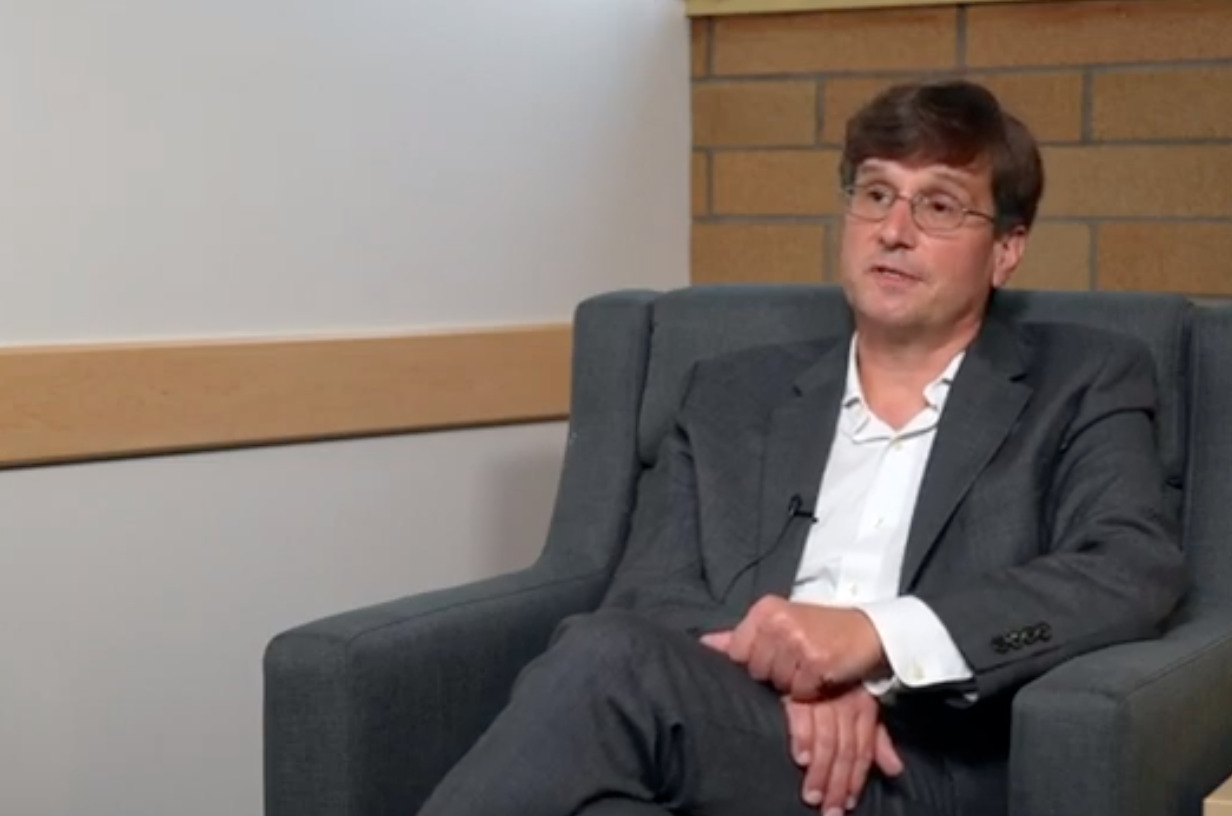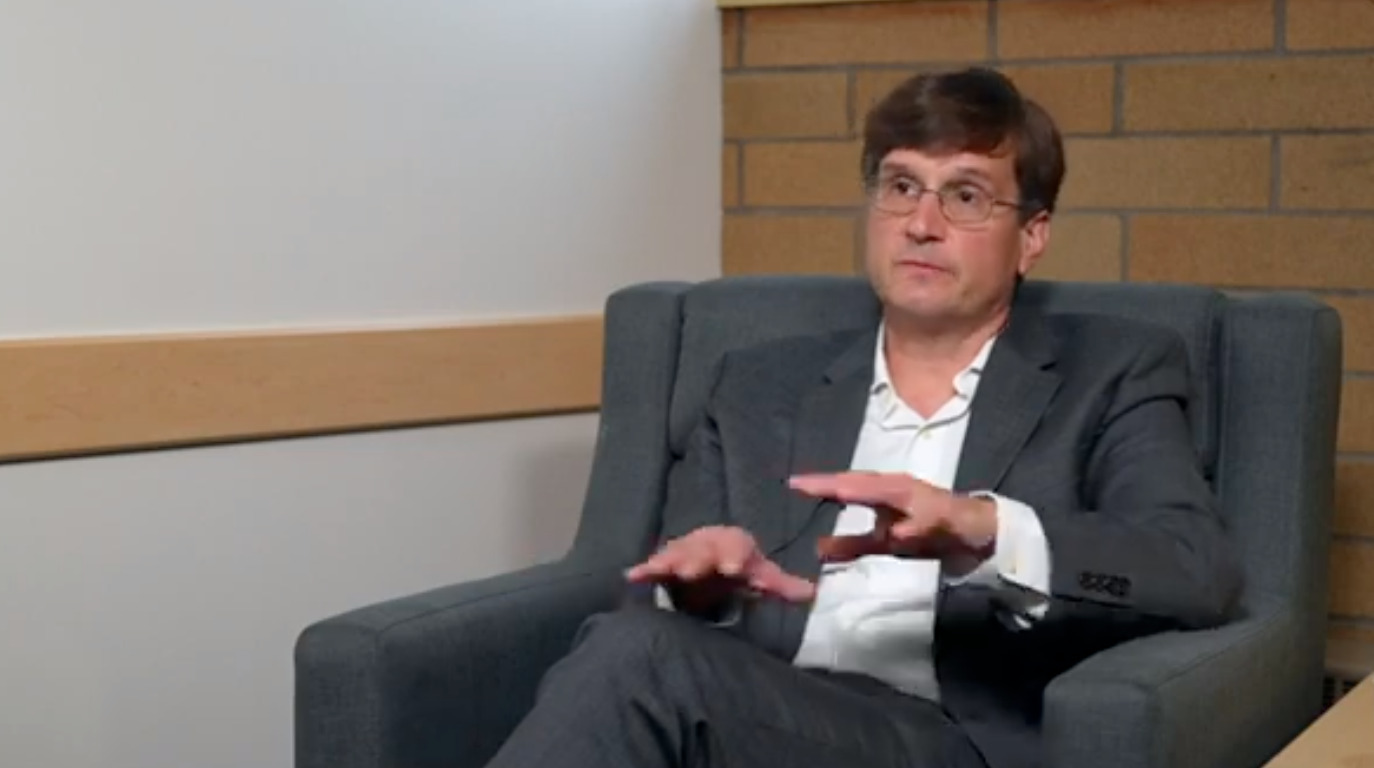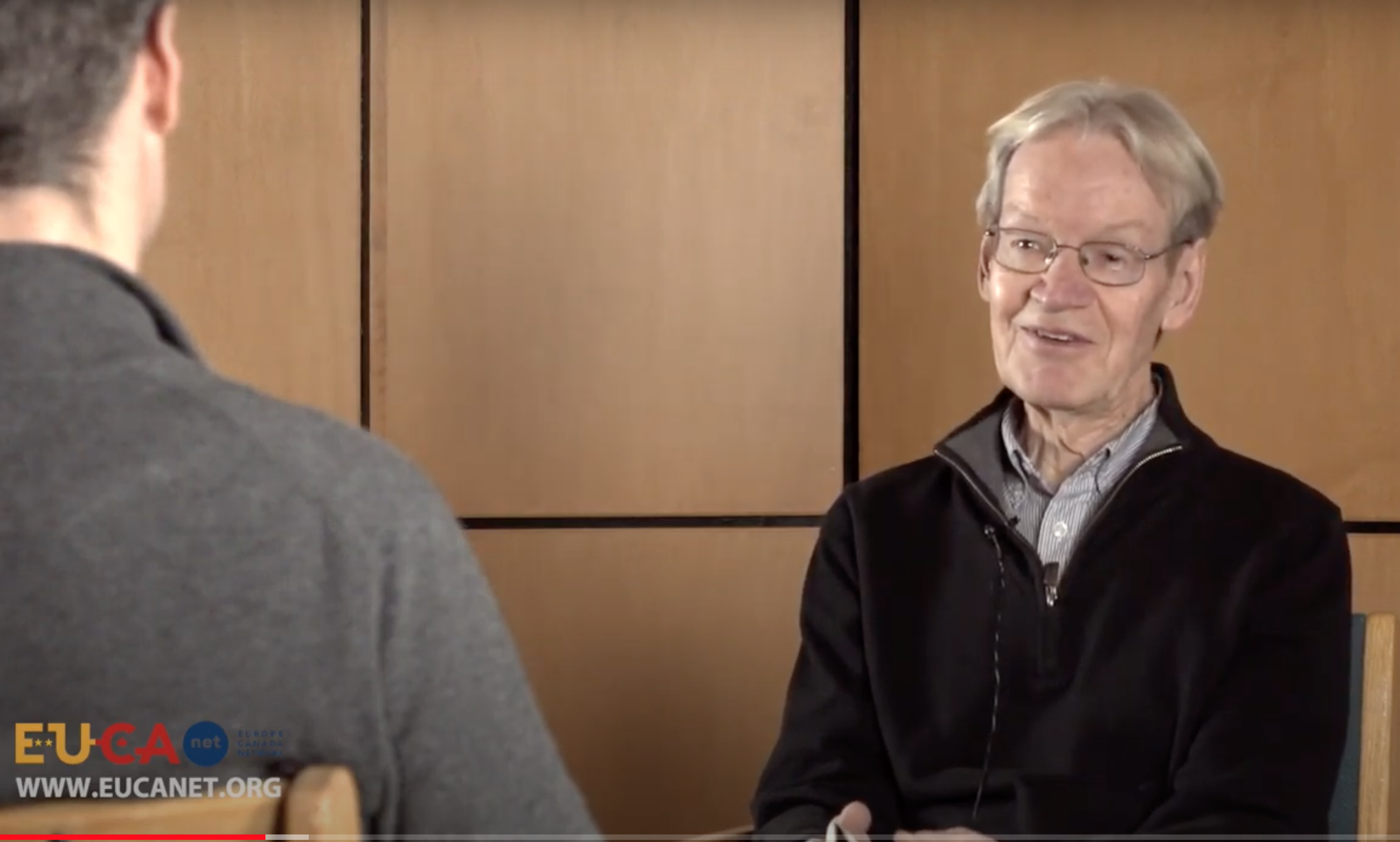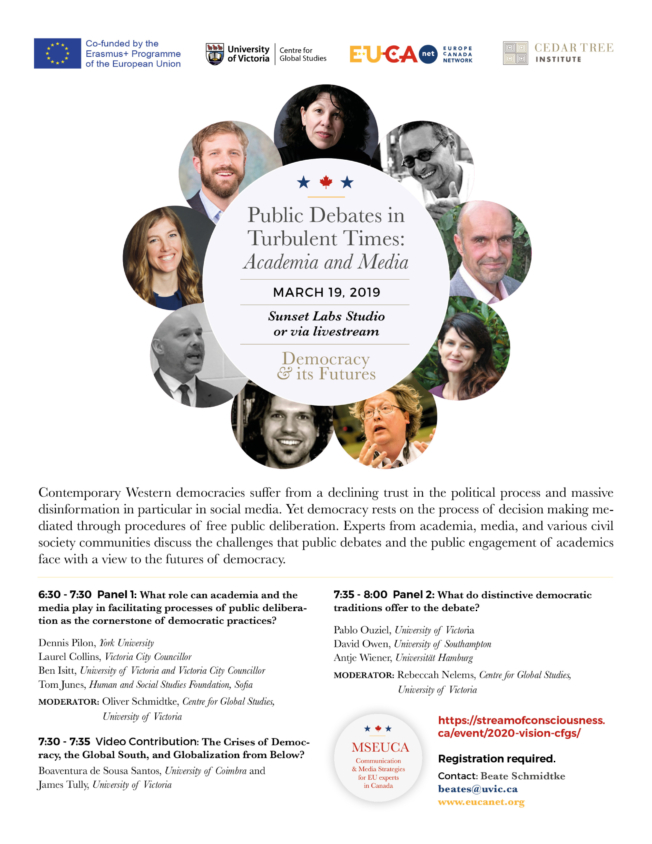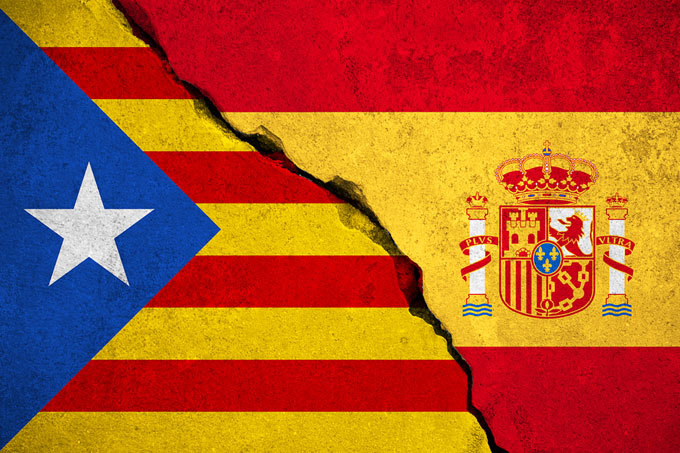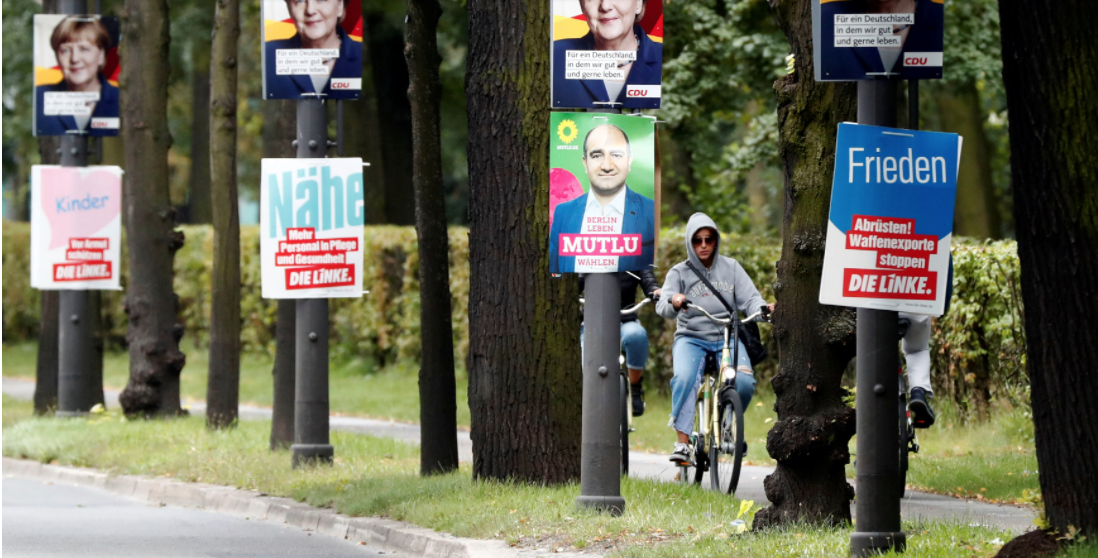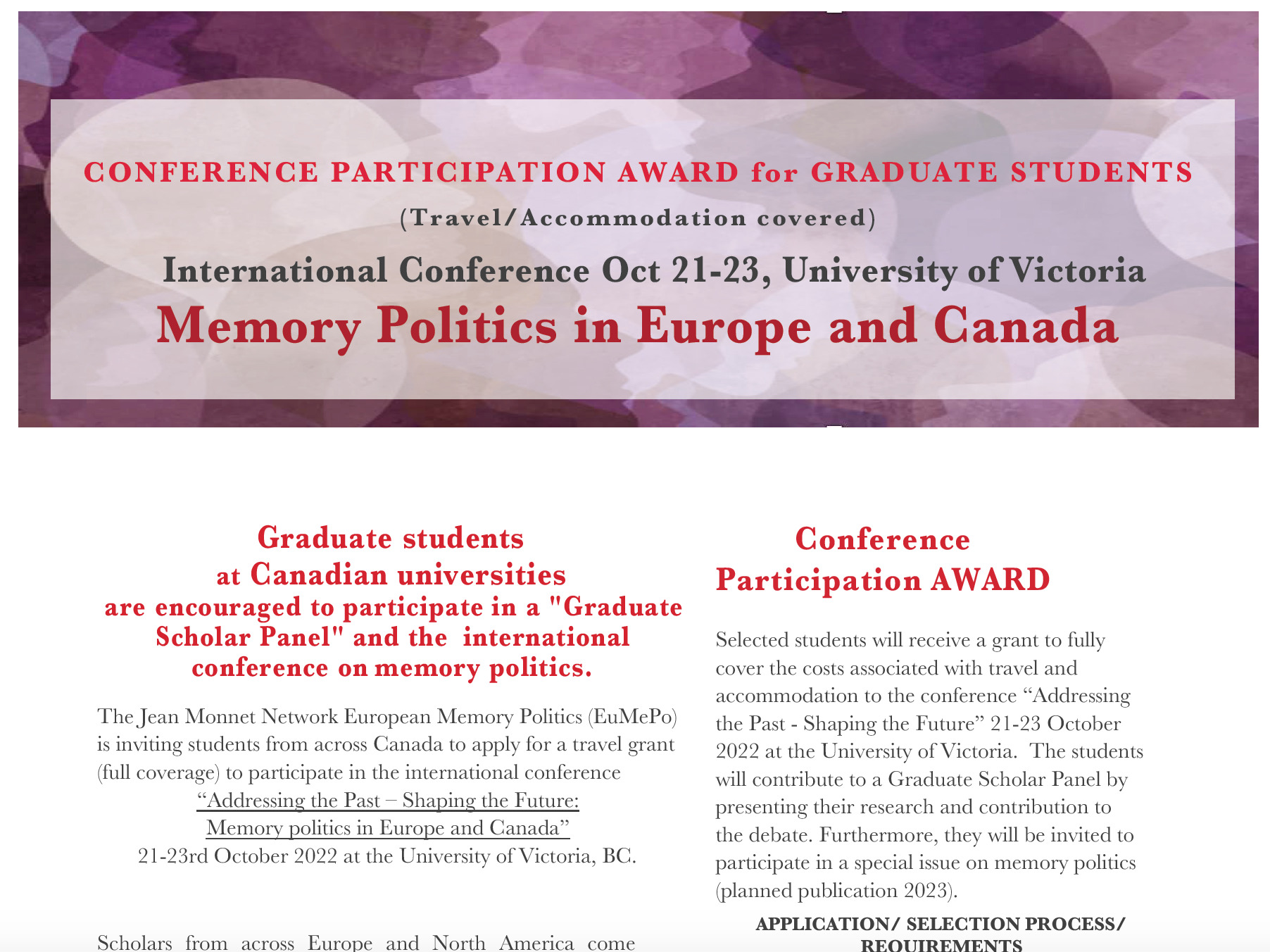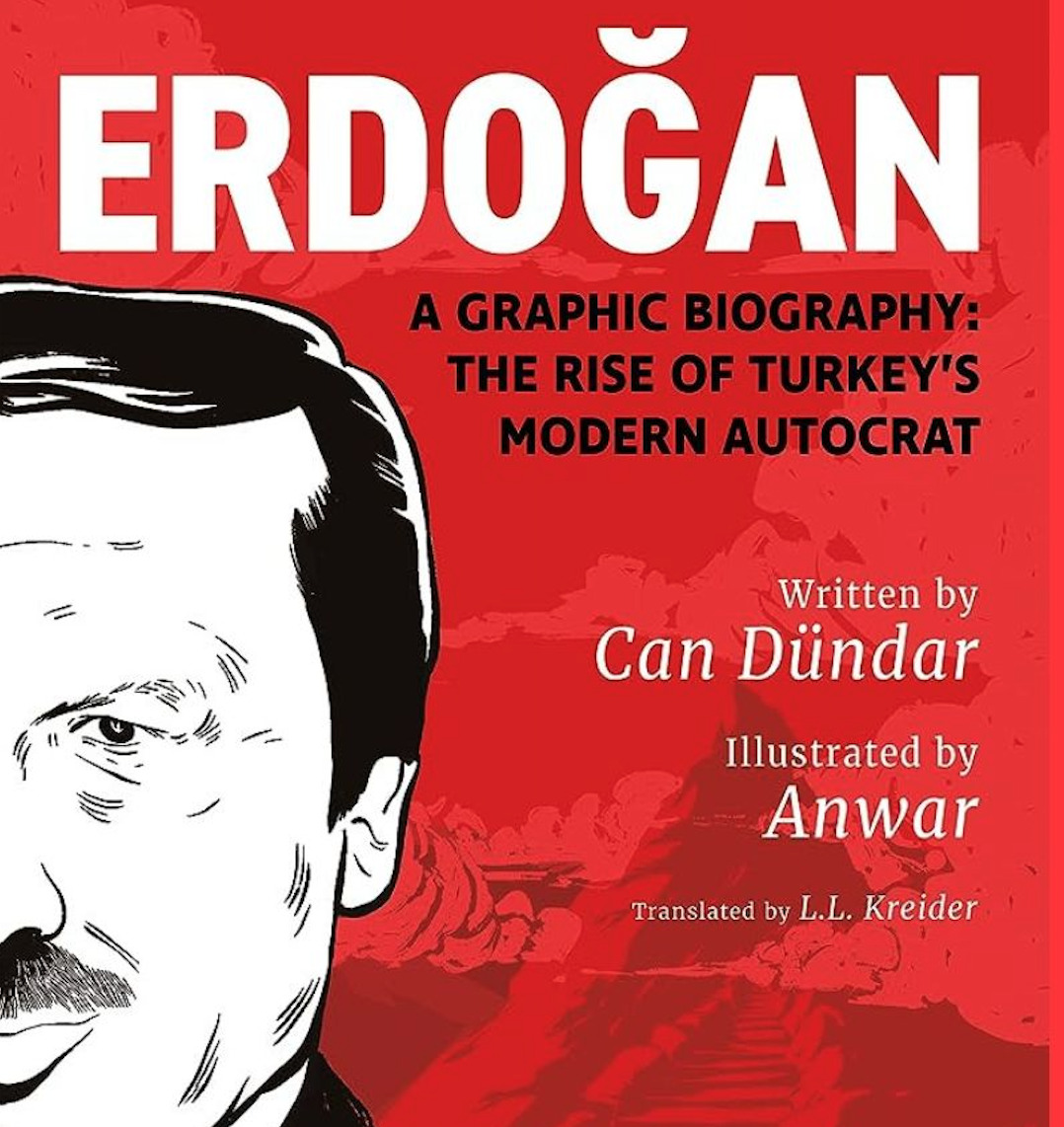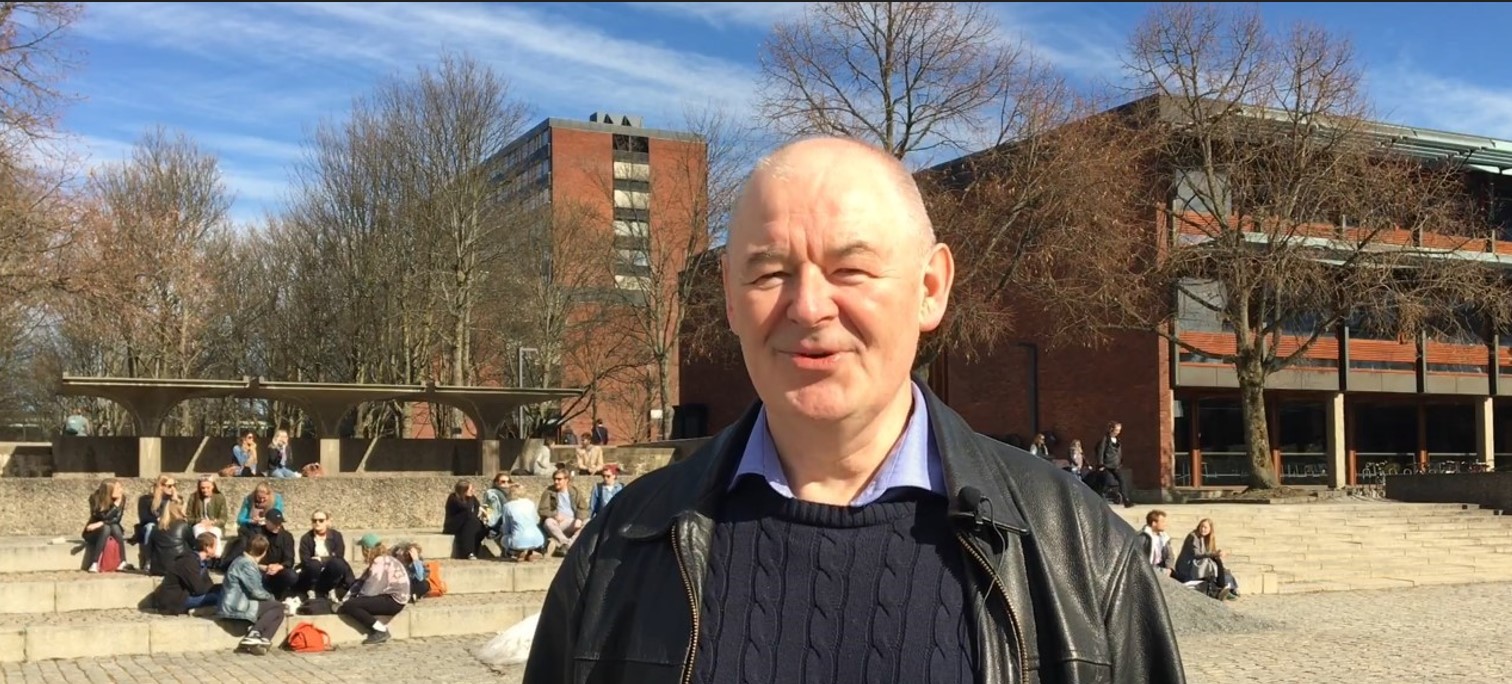Memory Politics in Liberal and Illiberal Democracies – Interview with Dr. George Soroka
Dr. George Soroka is Associate Director of Undergraduate Studies Lecturer on Government at Harvard University
In this interview, Dr. Soroka explains how memory politics manifests itself in different ways in liberal democracies. While memory should be pluralistic and be discussed in a civilized fashion, all too often, memory is used for illiberal projects, such as promoting populist ideals in society. Of particular interest for Dr. Soroka is the rise of memory laws and how ‘prescriptive’ memory laws are used as a means of competing in the political process against opponents on the ideological spectrum. In contrast, ‘proscriptive’ memory laws are usually used by the political left to avoid the rise of societal taboos as it relates to a nation’s past. As such, Dr. Soroka argues that we must ask ourselves ‘whose democracy are we talking about’? Do the memory laws reflect a democracy that is inclusive and pluralistic, allowing multiple narratives to be heard? Or, is one narrative privileged over others, where it is no longer about the memory of the victims of the state, but about glorifying the state or the nation?
This interview is part of the interview series ” Expert Voices on Memory Politics” realized with the financial support of the Konrad Adenauer Foundation Kanada and the Erasmus+ Program of the European Union. The interviews were recorded during the October 2022 conference “Addressing the Past – Shaping the Future”.
